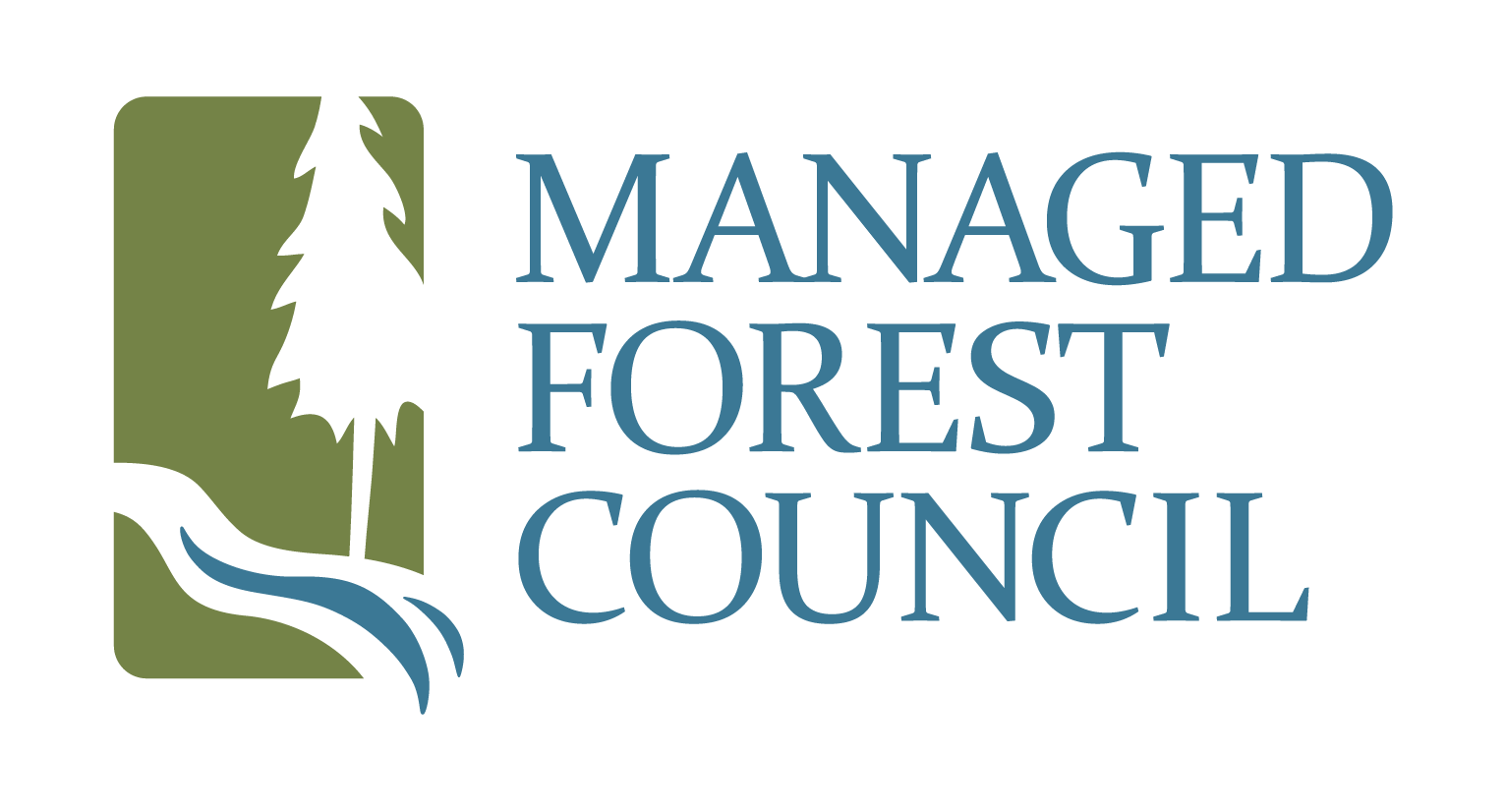The Managed Forest Council has released a report outlining results of a survey undertaken to assist in the assessment of the effectiveness of private managed forest land regulations in protecting drinking water. The owners of 32 active forestry operations and 142 downstream water licenses were included in the survey. Council undertook this study to ensure that forestry practices on managed forests are being undertaken in a manner that protects water quality, whether on large community water intakes or small domestic licensed intakes.
The comprehensive survey examined communications between owners and water licensees, awareness of regulatory requirements, owners’ assessments and practices relating to protection of water quality, and licensees’ water quality related concerns. The study found that:
- water quality assessments and planning procedures used to guide forest management on managed forests generally meet forest industry standards, particularly for larger operations;
- the complexity of assessments and pre-harvest planning does vary with the size of the managed forest;
- assessments are prepared by qualified professionals;
- there is effective communication between managed forest owners and water licensees; and
- a few water licensees noted changes in their water quality over the past ten years that they attributed to forest harvesting activity.
Protection of drinking water quality is a key objective under the Private Managed Forest Land Act. The survey results tell us that managed forest owners are mostly communicating well with water licensees and operating professionally to protect drinking water quality. The Managed Forest Council continues to safeguard drinking water quality through routine monitoring of forest management activities to ensure regulatory requirements are met and audits of regulatory effectiveness to ensure this objective is met. Council is currently following up where the study has identified some issues of potential concern relating to smaller operations and the protection of domestic water intakes.
View the following for more information:

